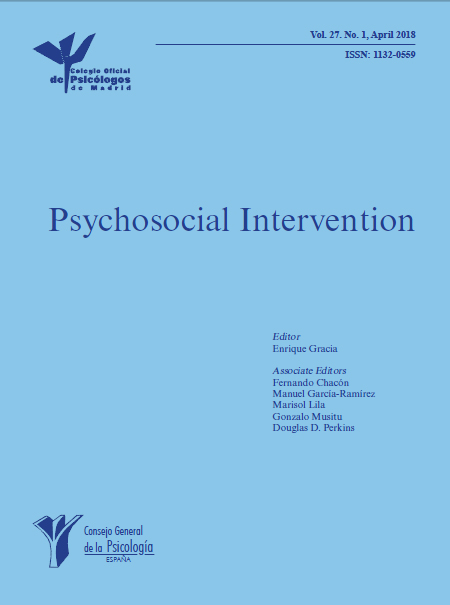
Child court hearings in family cases: Assessment questionnaire of child needs during pre-trial proceedings
[Child court hearings in family cases: Assessment questionnaire of child needs during pre-trial proceedings]
Joan Guàrdia; Maribel Peró; Sònia Benítez; Adolfo Jarne; Mercedes Caso; Mila Arch; Asunción Molina; and Álvaro Aliaga
Abstract
The basis of family law is the child’s interest. This is related to the right to be listened to, but not as an obligation. As a consequence, there is a necessity for the judge to conduct a judicial exploration of the child. But, in general, the judges are not trained in this type of explorations, and they may consequently obtain erroneous information in their exploration. Therefore, in this work, we present the generation of a questionnaire that explores the judicial agents’ necessities during judicial exploration of children. Five expert researchers in the subject participated in creating the questionnaire; five family judges participated in the pilot test; and in the final study, 63 family judges answered the final questionnaire. Global reliability was adequate (.858), as was the reliability for interviewer’s skills, but it was not for the other areas of the questionnaire. An exploratory factor analysis showed a factor structure consisting of 5 factors that accounted for 46.12% of the total variance, but these five factors don’t correspond to the factors provided by experts. But construct validity validated the structure provided by the experts (c2/df = 1.35; BBNNFI = .873; CFI = .879; IFI = .881; RMR = .139; SRMR = .153; RMSEA = .075). To sum up, we can say that the questionnaire could be improved, but the best areas are the stages of the interview and the interviewer’s skills.
Resumen
Copyright © 2026. Colegio Oficial de la Psicología de Madrid















